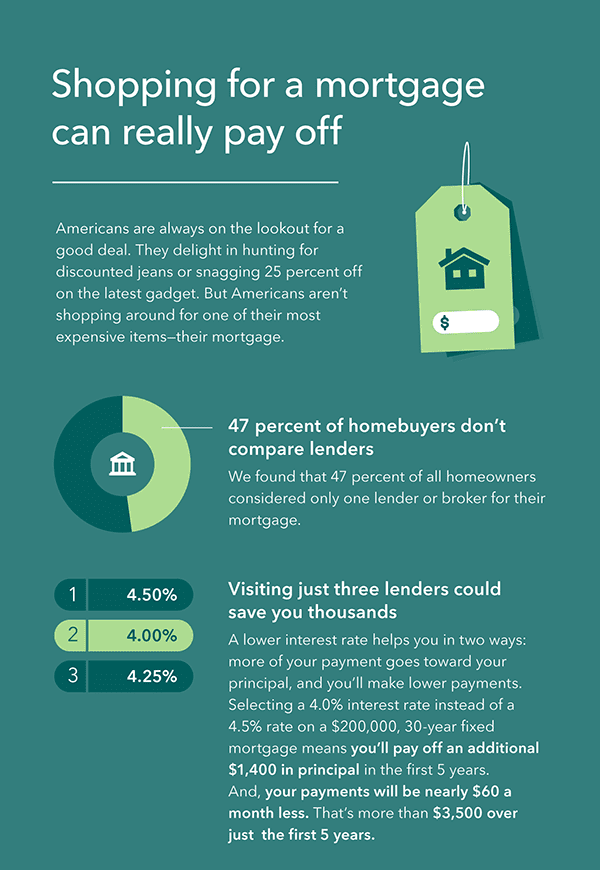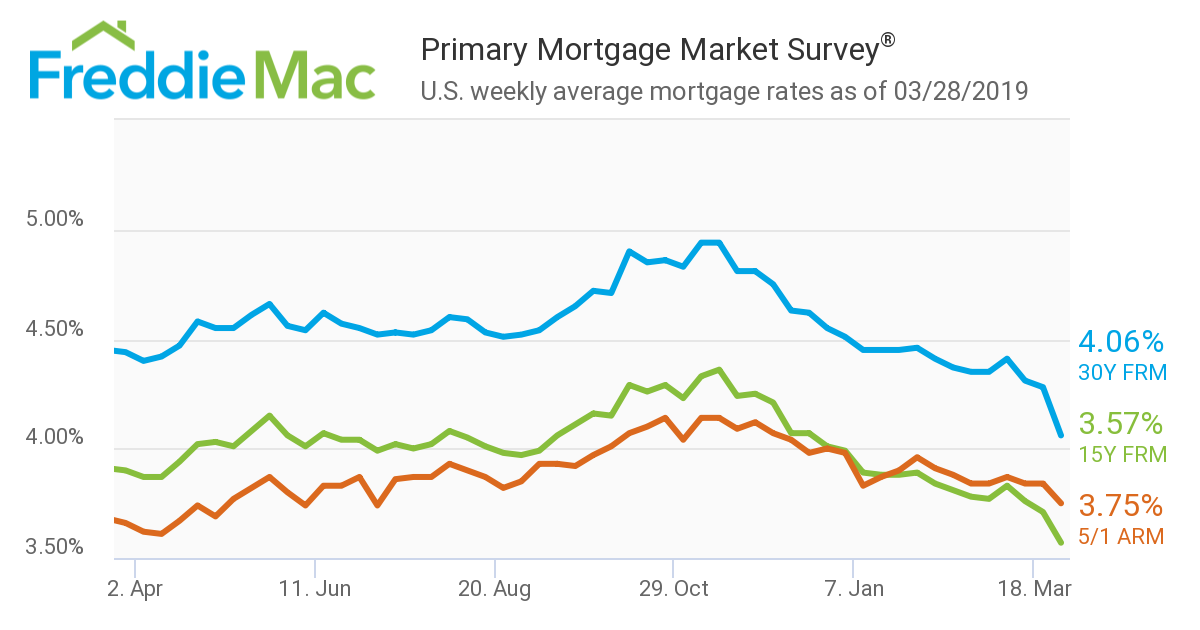If there is no equity in the house, then I would presume she would permit them to take the house if you or any other beneficiaries do not desire to keep the house at a payoff of. They would arrange to take the home either by Deed in Lieu or through foreclosure however Deed in Lieu is far better for the lender as well.
We have seen customers who borrowed more in 2005 2007 than their homes are still worth today. That does not make the loan a bad loan those borrowers got more cash than their home is presently worth and were enabled to reside in their homes for 7 9 years without having to make a single payment and now that the loan is greater than the current worth of wyndham timeshare points chart the house, they are not required to pay one cent over the present value towards the payoff of the loan.
A lot of them paid interest on loans that were well above the current worth of the houses when the worths dropped and some paid till they might not pay any longer and after that they had no house to reside in any longer and no cash to begin over. Your mommy was guaranteed a home to reside in for as long as she wanted/could and didn't need to pay any monthly payments for the whole time she lived there (just her taxes and insurance coverage) (how common are principal only additional payments mortgages).
Your mama has actually made no payments on her loan for the last 9 years. Please forgive me; I am not insensitive to your mother's scenario (why is there a tax on mortgages in florida?). It just was not the reverse mortgage's fault that the entire economy fell apart which property worths plummeted. I guess I simply look at it a different way, thank goodness mother had a reverse home mortgage and not a forward home loan that may have needed her to lose the home previously without the defenses that she rci timeshare locations has had.
She can vacate at her leisure (another advantage of the reverse home mortgage) and then as soon as she is out and you have actually moved all of her personal belongings if none of the other member of the family want the home, simply call the servicer and inform them she is out. They will relocate to take the home back and you will not even require the support of a lawyer. what are cpm payments with regards to fixed mortgages rates.
Indicators on How Did Mortgages Cause The Economic Crisis You Need To Know
A "non-borrower" is an individual who resides in the home but whose name is not on the loan files. Usually, the non-borrower need to move when the customer dies unless HUD standards qualify them to stay. A "co-borrower" is an individual whose name is on the loan documents together with the property owner (applicant).
The sharp recession in the realty market has impacted countless Americans, and senior citizens are one of the groups most affected. This is especially real of seniors who have so-called "reverse home loans." This kind of home loan can possibly be a great way for individuals over the age of 62 to get cash out of their houses.
Reverse home loans are not brand-new. But older house owners are progressively turning to them to improve their scenarios later on in life, specifically during a down economy. These kinds of home loans, likewise called Home Equity Conversion Home Loans (HECMs), enable people to withdraw a few of their house's equity and receive it as a swelling sum, in monthly payments, as a line of credit or a combination of these choices.
Homeowners eligible for reverse mortgages must be at least 62 years of ages and need to own the residential or commercial property or have a very little exceptional home mortgage. The home ought to be their principal residence and property owners must be devoid of any defaults on federal financial obligations. Homeowners need to likewise participate in an educational session about reverse mortgages prior to filing any HECM loan applications.
Since of a rash of lending institution foreclosures on primarily elderly property owners holding reverse mortgages, the AARP Structure sued the Department of Real Estate and Urban Advancement (HUD), challenging a guideline that had the impact of adding to foreclosures. The guideline needed a successor to pay the complete home mortgage balance to stay in the house after the debtor's death, even if the amount was more than the market value of the property.

What Does How Is Freddie Mac Being Hels Responsible For Underwater Mortgages Mean?
Reverse mortgages can be expensive and confusing for senior property owners, as they are unique from traditional home mortgages. Also, a reverse home loan can sometimes diminish all of the equity in the houses if the property owners extend the reverse home loan over too long of a period. This typically occurs where the house owner takes a reverse home loan on an assumption of life expectancy, however survives well past the expected death date.
This has been especially true for newly widowed homeowners, and some successors of customers, because of lending institution compliance with an obscure HUD rule that was instituted in 2008. Prior to the rule change in 2008, HUD had followed a policy that borrowers and their successors would not owe more than a house's value at the time of repayment.
The 2008 guideline specified that making it through spouses, in order to keep their homes, needed to pay off the reverse home mortgage balance quickly after the deaths of their partners. This held true regardless of whether the enduring partner's name was on the Have a peek here loan, and no matter the home's then-current value.
That scenario, and the associated HUD rule, is what prompted AARP to sue HUD. AARP officially challenged HUD's action in altering this rule, arguing that it was done arbitrarily by letter, rather than through the needed administrative procedure. The suit further declared that HUD's rule modification broke defenses formerly permitted widowed spouses to prevent foreclosure.
AARP hoped this would prevent additional illegal foreclosures from reverse home mortgages due at the time of a customer's death. In April 2011, HUD rescinded the 2008 rule that required making it through spouses not called on the property's title to pay the complete loan amount to keep their homes. The implications of this modification are not yet completely clear.
The Single Strategy To Use For What Is The Percentage Of People Who Pay Off Mortgages

But it is essential to talk with a knowledgeable property lawyer to understand where you stand. Reverse mortgages ought to give older homeowners more financial freedom, but when they fail this function, they can unfortunately leave senior individuals both homeless and helpless. Senior Twin Cities homeowners thinking about participating in a reverse mortgage agreement need to consult experienced Minnesota realty attorneys like Burns & Hansen, P.A. what were the regulatory consequences of bundling mortgages.
In addition, if you already have a reverse home loan on your house, you should discuss your circumstance with a lawyer experienced in these kinds of mortgages to make sure you and your spouse are protected if one you dies or if your home loses equity due to the fact that of the decline of the realty market.
A reverse home mortgage is a method for property owners ages 62 and older to leverage the equity in their house. With a reverse home mortgage, a house owner who owns their house outright or a minimum of has substantial equity to draw from can withdraw a part of their equity without needing to repay it until they leave the home.